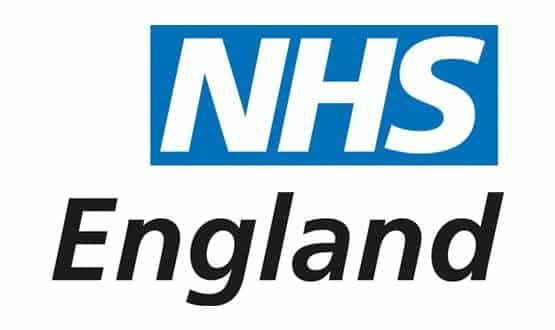Stevens renews support for wearable tech and data mining

The chief executive of NHS England has put his support behind wearable technology, and said he wants to make sure that trusts are financially rewarded for using it.
At the Health and Social Care Expo in Manchester, Stevens said: “We’ve got a whole range of individual technologies that the NHS needs to get faster at adopting”.
An example he gave was one he also referred to at June’s NHS Confederation annual conference; of an ECG that attaches to a smart phone and costs less than £100.
He added that from April 2017, an innovation and technology tariff would be established, with products selected automatically reimbursed by the NHS. The application process has seen 119 submissions from around the world.
Stevens has been a consistent supporter of the use of technology in healthcare. When he returned from the US to take up his job leading the commissioning board, he urged the NHS not to be ‘gun shy’ of technology, after its experience of the National Programme for IT in the NHS.
The ‘Five Year Forward View’ that he published in 2014, to try and close a £30 billion projected gap between NHS funding and demand by 2020-21, also gave a significant role to the use of technology to underpin new models of care and support prevention and self-care efforts.
The plan was backed up by an IT strategy, ‘Personalised Health and Care 2020’, that set out the government’s key ‘paperless’ targets, proposals to transform the NHS Choices and NHS 111 websites, and new ‘transparency’ services.
At the Expo, Stevens suggested that two further areas that that now need “gas in the tank” are technology that supports patients directly and using data to create clinical support tools.
Stevens used the Expo to announce the launch of the National Digital Diabetes Prevention Programme. England will be the first country in the world to have this digital scheme, he said.
Harnessing data to create new digital services can be controversial, with privacy groups complaining about a link-up between Royal Free London NHS Foundation Trust and Google DeepMind to develop an acute kidney injury alert system earlier this year.
Stevens said the Caldicott 3 report will be “essential to accelerating the kinds of gains that are within grasp”.
But he stressed that by harnessing insights from real world data, the quality of care will be improved for pregnant women, and detection of sepsis and AKI.
He also linked the ability of data sharing to save lives with “new approaches to AI, machine learning and decision support”.
However, Stevens acknowledged there are challenges to persuading the NHS to adopt new technology. The financial crisis within the NHS in England means trusts are “not in the land of milk and honey,” he said.
Alongside this, the chequered history of the National Programme for IT was acknowledged as producing a “mixed record on implementing technology”.




